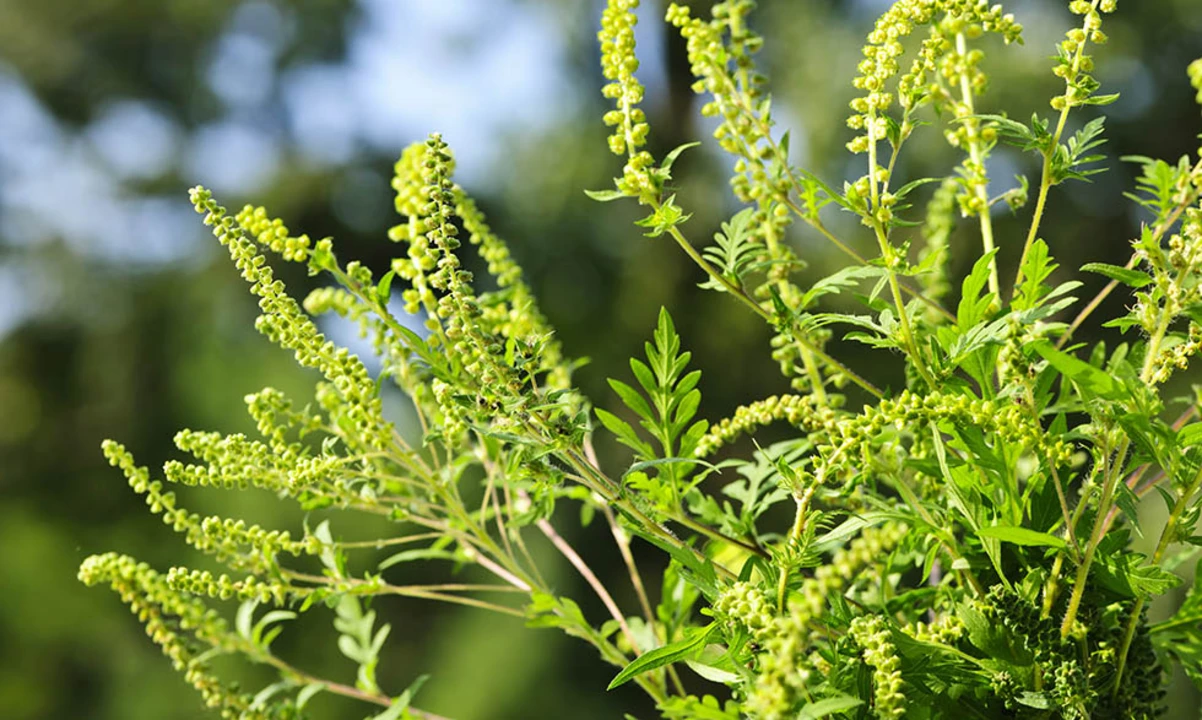Seasonal Allergies: Symptoms, Causes, and Smart Ways to Cope
Ever wonder why spring or fall leaves you sneezing, with itchy eyes and a scratchy throat? That’s the classic experience of seasonal allergies—and you’re not alone if pollen or ragweed makes life tricky this time of year. Allergies hit when your immune system overreacts to tiny particles like pollen, mold, or dust. Your body treats these harmless things like invaders, causing symptoms you just can’t ignore.
The basics? Allergies look like sneezing fits, watery eyes, runny noses, and even throat irritation that lingers. For some, it’s a stuffy head and constant fatigue. Others deal with sinus pressure so strong it’s hard to get through the workday. If you already have asthma or lots of ear, nose, and throat problems, allergies can make things worse.
But here’s something many folks miss: seasonal allergies aren’t just an inconvenience—left unchecked, they can contribute to bigger issues like chronic sinus infections and even tonsillitis. There's a real link between allergy flare-ups and throat inflammation. According to actual ENTs (the docs who handle ears, noses, and throats), unchecked post-nasal drip and swelling during pollen season can make sore throats or tonsil flare-ups much more common than most expect.
Let’s talk relief. Over-the-counter antihistamines work for most people and are easy to grab at any Canadian pharmacy. Nasal sprays and saline rinses clear out pollen and offer quick comfort. For those who want a natural touch, basic home tweaks—like rinsing sinuses with saline, using air purifiers, and keeping windows shut on windy days—can reduce indoor allergen buildup. Those with persistent symptoms often find real relief by chatting with a doctor about prescription options or allergy shots, which build up your body’s tolerance over time.
Worried about that sore throat mixed in with your sniffles? Don’t ignore constant pain or swelling—tonsillitis can sneak up during big allergy seasons. Science-backed advice: drink lots of water, avoid irritants (like smoke and strong scents), and watch for white spots or pus on your tonsils, which mean it’s time to see a doctor fast. Allergies can ramp up throat issues, but you don’t have to just grin and bear it.
Feeling confident you can handle the next allergy blitz? Pull these practical tips into your routine: wash hands and face after being outside, swap out pillowcases often, and check local pollen counts online. Most weather apps have this feature now, making it easier than ever to stay ahead of the game. Staying proactive, not just reactive, keeps symptoms from taking over your life.
Stick around for more easy-to-follow advice, updates, and guides on navigating seasonal allergies the smart way. If you’re tired of endless sniffles, you’ll find fresh, down-to-earth info from Express Meds Canada on everything from throat health to allergy-friendly medications and trustworthy pharmacy options—exactly what you need to feel better, quicker.
When are seasonal allergies the most serious?
Seasonal allergies can be particularly serious during certain times of the year, when pollen, dust mites, and other allergens are at their peak. Symptoms can range from mild to severe, with the most serious cases requiring medical attention. Spring and summer are typically the worst seasons for sufferers, as pollen and other allergens are most plentiful during these months. Those with allergies should take care to limit their exposure to these allergens, and if necessary, seek medical advice and treatment. Taking precautions and seeking early treatment can help individuals manage their allergies and remain healthy throughout the year.
